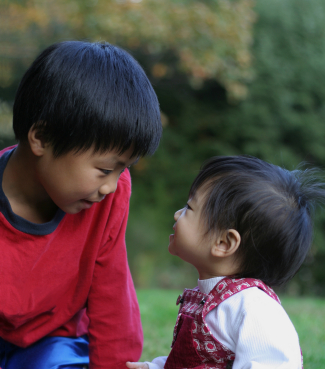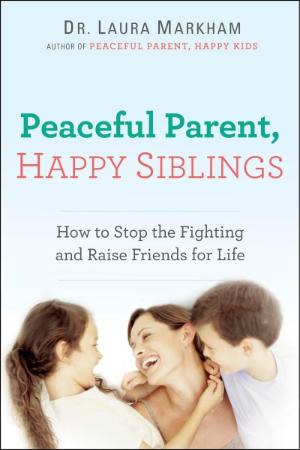
If your three year old is your youngest, she probably gets babied. If she’s your oldest, by contrast, you probably expect much more of her, because she seems so much bigger than the youngest. Right? So a lot of the challenge for big sibs is about how we treat them.
How can you give your oldest child the support she needs to thrive?
1. Continue preventive maintenance like Special Time.
One-on-one time isn’t only for a child with a new baby in the family. Every child needs Special Time alone with each parent at least several times a week, and preferably daily. Even teenagers need time with each parent on a regular basis.
2. Help your oldest child cope with jealousy and resentment
by continuing to allow those feelings and listening when he expresses them. “Sometimes it’s so hard to be the oldest…I hear you when you say it’s a lot harder since the twins were born. We love the twins and I’m so glad they are here, but I understand that it is much harder for you. You can always tell me when you feel that way, and I will help you make things better.”
3. Don’t let the older sibling feel they have to take on the role of the parent.
“You’re such a great big sister. I know you’re trying to keep your brother safe, but you don’t need to correct him. It’s the parent’s job to be in charge and make sure everyone follows the family rules.”
4. Give privileges as well as responsibility.
It’s fine to say “You’re eight, so you’re in charge of keeping everyone safe when you’re playing outside.” But be sure your child knows he has backup: “If you get worried, you can just yell loudly, and I will come help.” And you’ll also want to say “You’re eight, so you get to stay up a little later than the four and six year old.”
5. Be aware that oldest children often feel a fierce need to please their parents.
Be sure your child knows that he’s valued exactly as he is, no matter what. Encourage your child to experiment and make mistakes, to combat any tendency toward perfectionism.
6. Remember that all children need babying sometimes.
Your oldest may seem a lot bigger than the baby. But she's still a child, and she needs to be able to act like one. Even more important, she needs to be able to count on your nurturing her. No matter how big she gets, you will always be her mommy or daddy.






